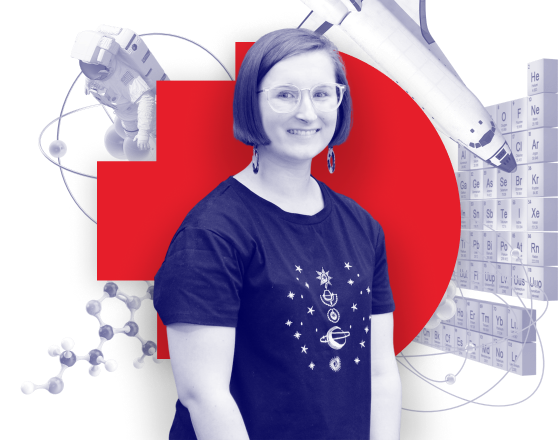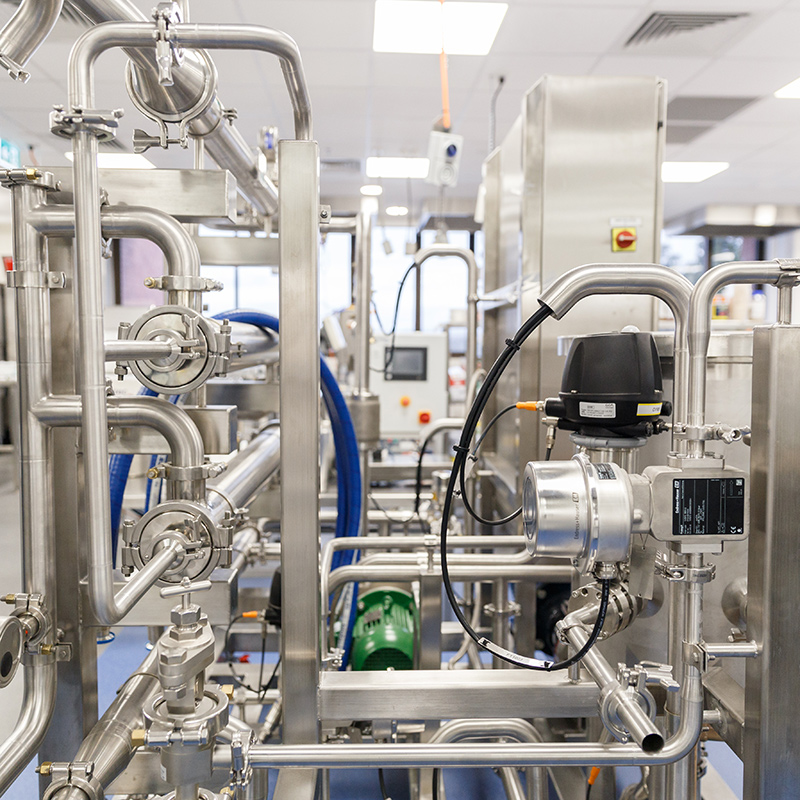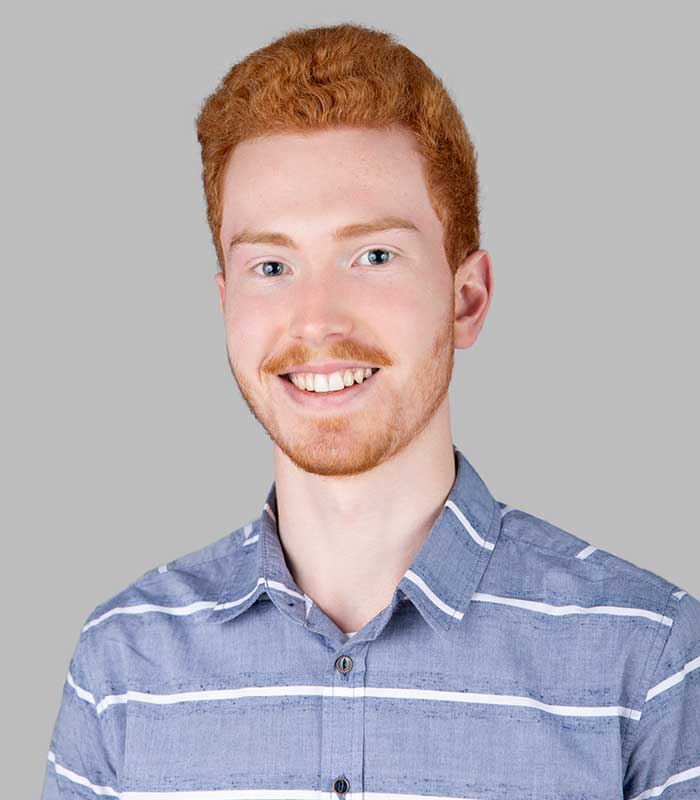The Bachelor of Food Technology and Nutrition has been designed to provide you with a foundational knowledge of the science of manufacturing food and making it safe and nutritious.
You will learn how to develop novel, healthy and functional food products that meet consumer demands and comply with strict safety and health guidelines.
As part of your studies, you will have the opportunity to major in food technology, nutrition, or both.
The nutrition major focuses on human health and nutrition subjects, while the food technology major deals with traditional and novel technologies employed in the manufacturing of food products, as well as sensory evaluation of foods, product development and quality assurance.
In this degree you will study in world-class laboratories and facilities. A significant amount of time will be spent in the laboratory and at RMIT's multi-million dollar Food Innovation and Research Centre, undertaking food production trials and development projects.
The Bachelor of Food Technology and Nutrition culminates in capstone experiences which include work integrated learning activities, where you’ll apply your learning in a workplace (real or simulated) context and prepare for an exciting and challenging career in the food industry.







